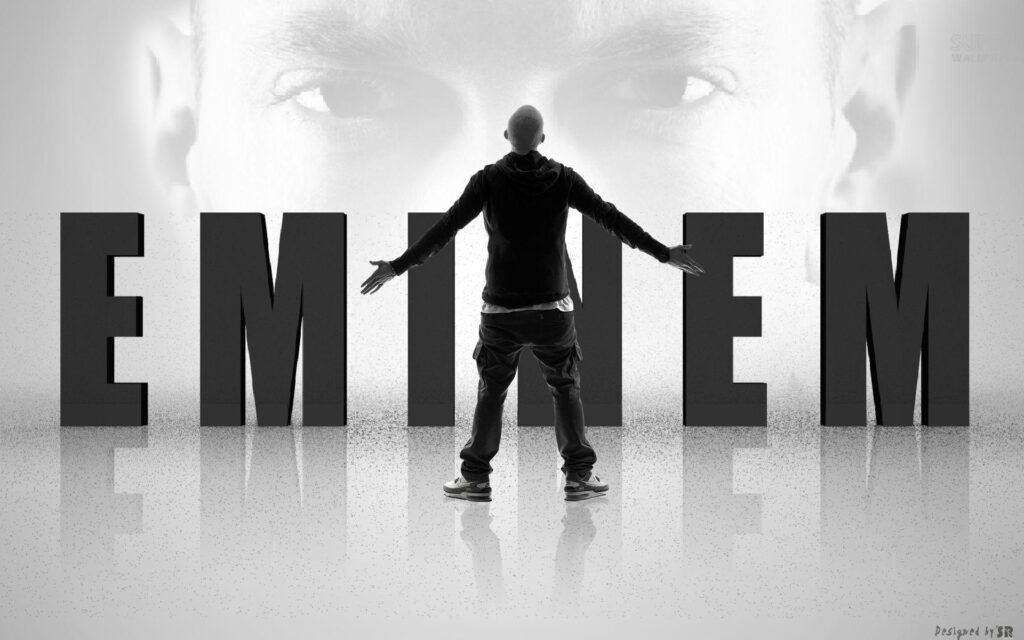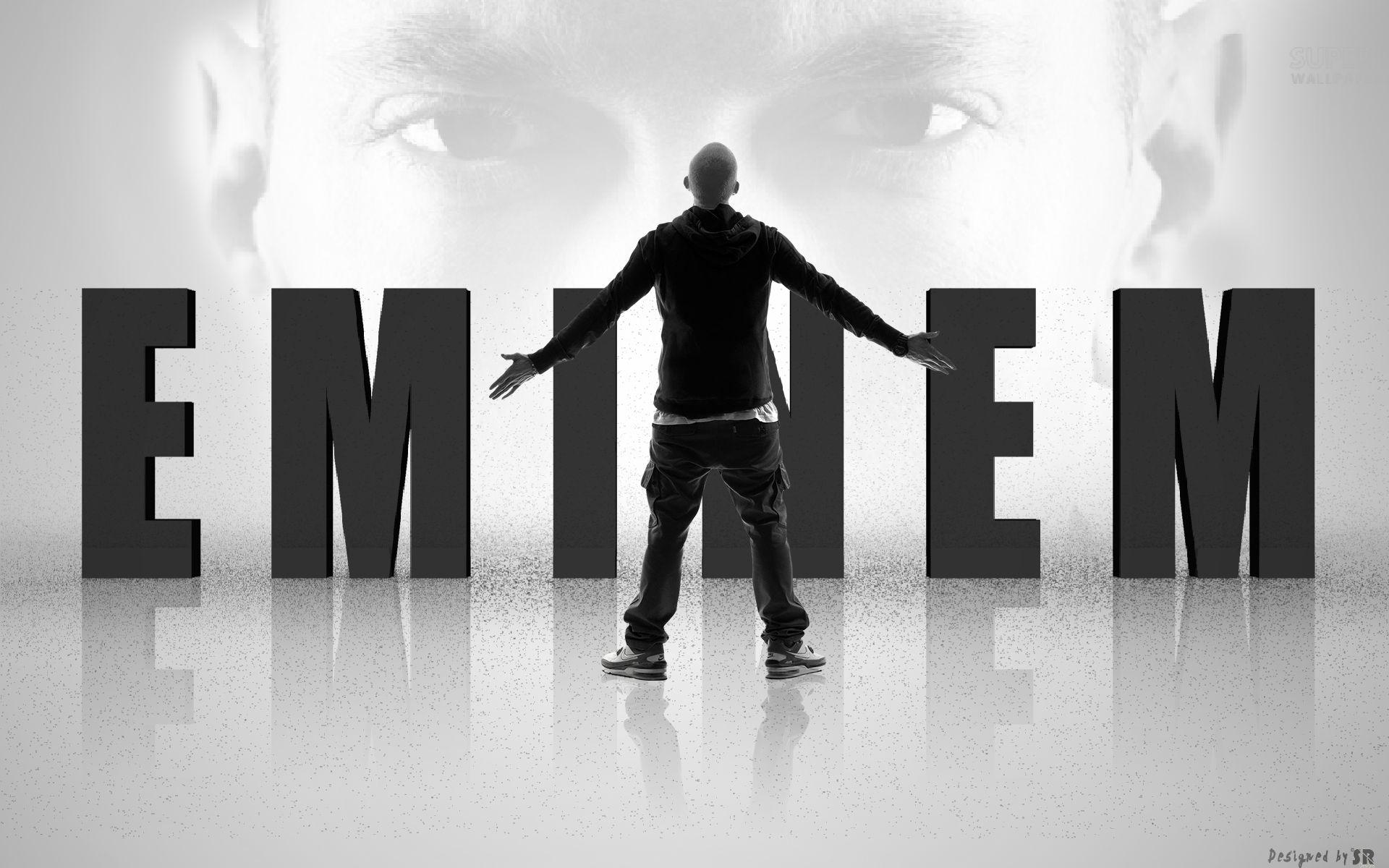
Eminem’s “Rap God”: A Deep Dive into its Release, Impact, and Legacy
Eminem’s “Rap God,” released in 2013, remains a monumental track in hip-hop history. Its complex rhymes, blistering speed, and self-referential lyrics cemented its place in popular culture. This article explores the circumstances surrounding the Eminem Rap God release, its immediate impact, and its enduring legacy as a benchmark for lyrical skill and technical prowess. We’ll delve into the production, lyrical content, and the controversies that inevitably followed such a bold statement.
The Genesis of a Godly Track
The story of “Rap God” begins within the broader context of Eminem’s career trajectory. Following the success of albums like *The Marshall Mathers LP* and *The Eminem Show*, Eminem faced both critical acclaim and personal struggles. The release of *The Marshall Mathers LP 2*, the album “Rap God” was featured on, signaled a return to form for many fans who felt his previous efforts had strayed from his core sound. The anticipation surrounding the album, and particularly this track, was palpable.
The production of “Rap God” is noteworthy. The beat, primarily crafted by Bigram Zayas (also known as DVLP), features a blend of electronic and hip-hop elements, providing a dynamic backdrop for Eminem’s lyrical acrobatics. The song’s structure is unconventional, eschewing traditional verse-chorus arrangements in favor of a more free-flowing, stream-of-consciousness style. This allowed Eminem to showcase his unparalleled rhyming ability and wordplay.
The Eminem Rap God Release: A Moment in Music History
The official Eminem Rap God release date was October 15, 2013. The song was released as the third single from *The Marshall Mathers LP 2*. The immediate reaction was one of awe and, in some quarters, controversy. The track quickly went viral, breaking records for its sheer speed and lyrical density. Eminem’s ability to string together complex rhyme schemes at an incredible pace was unlike anything heard before in mainstream hip-hop.
The Guinness World Record for most words in a hit single was just one of the accolades “Rap God” received. However, the song’s impact extended far beyond record books. It sparked countless reaction videos, lyrical breakdowns, and debates about the nature of hip-hop itself. Was it a celebration of lyrical skill, or a self-indulgent exercise in technical proficiency? The answer, for most, lay somewhere in between.
Lyrical Breakdown: Deciphering the Divine
“Rap God” is not just about speed; it’s about the content. Eminem uses the track to address his critics, assert his dominance in the rap game, and reflect on his career. He references everything from the Lewinsky scandal to the Columbine shooting, demonstrating a willingness to tackle controversial subjects head-on. The lyrics are filled with intricate wordplay, internal rhymes, and double entendres, rewarding repeated listens. The song also features numerous references to other rappers and hip-hop culture, solidifying Eminem’s place within the broader history of the genre.
One of the most debated aspects of “Rap God” is its use of homophobic slurs. While some argue that Eminem is simply using the language of the streets to express his aggression, others criticize him for perpetuating harmful stereotypes. Eminem has addressed these criticisms in the past, arguing that his use of such language is often satirical and intended to provoke a reaction. However, the debate continues to this day, highlighting the complexities of artistic expression and social responsibility.
The Controversy and Criticism Surrounding “Rap God”
As mentioned previously, the lyrical content of “Rap God” drew significant criticism. The use of homophobic slurs was widely condemned by LGBTQ+ activists and allies. Critics argued that Eminem, despite his artistic achievements, had a responsibility to avoid perpetuating harmful stereotypes. The controversy sparked a broader conversation about the role of language in hip-hop and the responsibility of artists to use their platform responsibly.
Beyond the issue of homophobic language, some critics also questioned the song’s overall message. They argued that “Rap God” was overly self-aggrandizing and lacked the emotional depth of some of Eminem’s earlier work. Others felt that the focus on technical skill overshadowed the song’s substance. However, these criticisms were largely overshadowed by the widespread praise for Eminem’s lyrical ability.
“Rap God’s” Enduring Legacy
Despite the controversies, “Rap God” has undeniably left a lasting impact on hip-hop culture. The song is widely regarded as a benchmark for lyrical skill and technical proficiency. Many aspiring rappers have attempted to replicate Eminem’s speed and complexity, demonstrating the track’s influence on the next generation of artists. The song’s viral success also helped to pave the way for other artists to experiment with unconventional song structures and lyrical content.
The Eminem Rap God release marked a pivotal moment in his career. It solidified his position as one of the greatest rappers of all time and demonstrated his ability to continue pushing the boundaries of the genre. The song’s impact can still be felt today, with countless artists citing it as an inspiration. “Rap God” remains a testament to Eminem’s lyrical genius and his enduring influence on hip-hop culture. It’s also a reminder of the power of music to provoke, challenge, and inspire.
The song’s presence on streaming platforms and its continued popularity in online communities underscores its enduring appeal. “Rap God” is more than just a song; it’s a cultural phenomenon that continues to be debated, analyzed, and celebrated. Its legacy is secure, ensuring that Eminem’s name will forever be synonymous with lyrical excellence and technical innovation.
The influence of “Rap God” extends beyond the realm of hip-hop. The song’s intricate wordplay and complex rhyme schemes have been studied by linguists and poets alike, demonstrating its artistic merit. It has also been featured in numerous films, television shows, and video games, further solidifying its place in popular culture. The song’s enduring appeal is a testament to its quality and its ability to connect with audiences on a deeper level. [See also: Eminem’s Best Albums Ranked]
The Technical Aspects of “Rap God”
Delving deeper into the technical aspects of “Rap God” reveals the meticulous craftsmanship that went into its creation. The song’s beat, produced by DVLP, is a complex tapestry of sounds that perfectly complements Eminem’s lyrical flow. The tempo changes throughout the track, keeping the listener engaged and creating a sense of dynamic movement. The use of synthesizers and electronic elements adds a futuristic touch, while the underlying hip-hop groove provides a solid foundation.
Eminem’s vocal performance is equally impressive. He effortlessly switches between different tempos and rhyme schemes, showcasing his incredible breath control and articulation. His ability to maintain clarity and precision at such high speeds is a testament to his years of experience and dedication to his craft. The song’s mixing and mastering are also top-notch, ensuring that every word and every beat is perfectly balanced. The overall effect is a sonic masterpiece that is both technically impressive and emotionally engaging. The Eminem Rap God release was a showcase of technical skill.
Analyzing the Rhyme Schemes and Wordplay
The rhyme schemes in “Rap God” are incredibly complex and varied. Eminem uses a combination of internal rhymes, multi-syllabic rhymes, and slant rhymes to create a dense and intricate lyrical tapestry. He often rhymes multiple words within a single line, creating a sense of momentum and energy. His wordplay is equally impressive, with numerous puns, double entendres, and allusions to other works of art.
One of the most striking examples of Eminem’s wordplay is his use of homophones and near-homophones. He often uses words that sound similar but have different meanings to create a playful and unexpected effect. He also uses alliteration and assonance to create a sense of rhythm and flow. The overall effect is a lyrical tour de force that is both intellectually stimulating and emotionally engaging. [See also: The Evolution of Eminem’s Style]
The Future of Lyrical Hip-Hop: “Rap God’s” Influence
“Rap God” has undoubtedly raised the bar for lyrical hip-hop. The song’s technical complexity and lyrical density have inspired countless artists to push the boundaries of the genre. It has also sparked a renewed interest in lyrical skill and wordplay, encouraging listeners to appreciate the art of rapping on a deeper level. The future of lyrical hip-hop is undoubtedly bright, thanks in part to the influence of “Rap God.” The Eminem Rap God release pushed the boundaries of the genre.
While some artists may choose to focus on other aspects of hip-hop, such as melody and rhythm, the importance of lyrical skill will never diminish. “Rap God” has served as a reminder that hip-hop is, at its core, a lyrical art form. As long as there are artists who are willing to push the boundaries of language and rhyme, the future of lyrical hip-hop will remain bright. The release of Eminem Rap God continues to inspire lyricists today.
Conclusion: The Lasting Impact of “Rap God”
In conclusion, “Rap God” is more than just a song; it’s a cultural phenomenon that has had a profound impact on hip-hop and popular culture. Its technical complexity, lyrical density, and controversial content have sparked countless debates and discussions. Despite the controversies, the song’s enduring appeal is undeniable. It remains a testament to Eminem’s lyrical genius and his ability to push the boundaries of the genre. The Eminem Rap God release was a defining moment in his career and a landmark achievement in hip-hop history. The song’s legacy will continue to inspire and influence artists for generations to come.
